CHANGE IN BASIC LIVELIHOOD BENEFITS
입력 2021.10.01 (15:13)
수정 2021.10.01 (16:46)
읽어주기 기능은 크롬기반의
브라우저에서만 사용하실 수 있습니다.
[Anchor Lead]
Until now if a low income earner wanted to receive basic livelihood subsidy, the individual should not have any other family member supporting him. But this condition, often criticized for obstructing welfare policies, was removed after 60 years. The idea is that the state, not family, should be responsible for ensuring basic livelihood for the needy.
[Pkg]
This 79-year-old woman was diagnosed with a serious disability caused by brain damage. Despite her poverty, she hasn’t been eligible for the government-provided basic livelihood benefit simply because she has three children. But now she stands to receive about 245,000 won per month as the so-called support-obligation system for the disabled was abolished earlier this year.
[Soundbite] Nam Sin-ja(Basic Livelihood Benefit Recipient) : "My life has become better after receiving the livelihood benefit. Before, it wasn't much like living."
The standards for those obligated to support disabled individuals or one-parent households were removed first, and now it has been abolished completely as of today. This system has been in enforcement for 60 years. This means that low-income households that fall below the 30% standard median income level are now eligible for the basic livelihood benefit based only on their own financial situation, irregardless of the presence of parents or children. One-person households with a monthly income of 548,000 won or less are now eligible as well. Applications can be submitted at a community service center near their place of residence. However, there are exceptions. Those who have a family member with an annual income of over 100 million won or with an asset worth over 900 million won are excluded.
[Soundbite] Min Yeong-sin(Division of Basic Livelihood Security, Ministry of Health and Welfare) : "The implementation was pushed up because the financial difficulties of the low-income bracket seemed to have worsened due to the pandemic."
The standard for those obligated to support family members was removed for livelihood benefits as well as housing and educational allowances, but the standard for medical allowances still remain in place.
[Soundbite] Kim Yun-yeong(Secretary General, Korean People’s Solidarity Against Poverty) : "One individual can receive only up to 500,000 won in livelihood allowance, but if the money gets spent on medical bills, she won’t have enough for other expenses."
The government needs more than 3 trillion won in annual budget to address every person in need and plans to come up with necessary measures by 2024.
Until now if a low income earner wanted to receive basic livelihood subsidy, the individual should not have any other family member supporting him. But this condition, often criticized for obstructing welfare policies, was removed after 60 years. The idea is that the state, not family, should be responsible for ensuring basic livelihood for the needy.
[Pkg]
This 79-year-old woman was diagnosed with a serious disability caused by brain damage. Despite her poverty, she hasn’t been eligible for the government-provided basic livelihood benefit simply because she has three children. But now she stands to receive about 245,000 won per month as the so-called support-obligation system for the disabled was abolished earlier this year.
[Soundbite] Nam Sin-ja(Basic Livelihood Benefit Recipient) : "My life has become better after receiving the livelihood benefit. Before, it wasn't much like living."
The standards for those obligated to support disabled individuals or one-parent households were removed first, and now it has been abolished completely as of today. This system has been in enforcement for 60 years. This means that low-income households that fall below the 30% standard median income level are now eligible for the basic livelihood benefit based only on their own financial situation, irregardless of the presence of parents or children. One-person households with a monthly income of 548,000 won or less are now eligible as well. Applications can be submitted at a community service center near their place of residence. However, there are exceptions. Those who have a family member with an annual income of over 100 million won or with an asset worth over 900 million won are excluded.
[Soundbite] Min Yeong-sin(Division of Basic Livelihood Security, Ministry of Health and Welfare) : "The implementation was pushed up because the financial difficulties of the low-income bracket seemed to have worsened due to the pandemic."
The standard for those obligated to support family members was removed for livelihood benefits as well as housing and educational allowances, but the standard for medical allowances still remain in place.
[Soundbite] Kim Yun-yeong(Secretary General, Korean People’s Solidarity Against Poverty) : "One individual can receive only up to 500,000 won in livelihood allowance, but if the money gets spent on medical bills, she won’t have enough for other expenses."
The government needs more than 3 trillion won in annual budget to address every person in need and plans to come up with necessary measures by 2024.
■ 제보하기
▷ 카카오톡 : 'KBS제보' 검색, 채널 추가
▷ 전화 : 02-781-1234, 4444
▷ 이메일 : kbs1234@kbs.co.kr
▷ 유튜브, 네이버, 카카오에서도 KBS뉴스를 구독해주세요!
- CHANGE IN BASIC LIVELIHOOD BENEFITS
-
- 입력 2021-10-01 15:13:46
- 수정2021-10-01 16:46:27
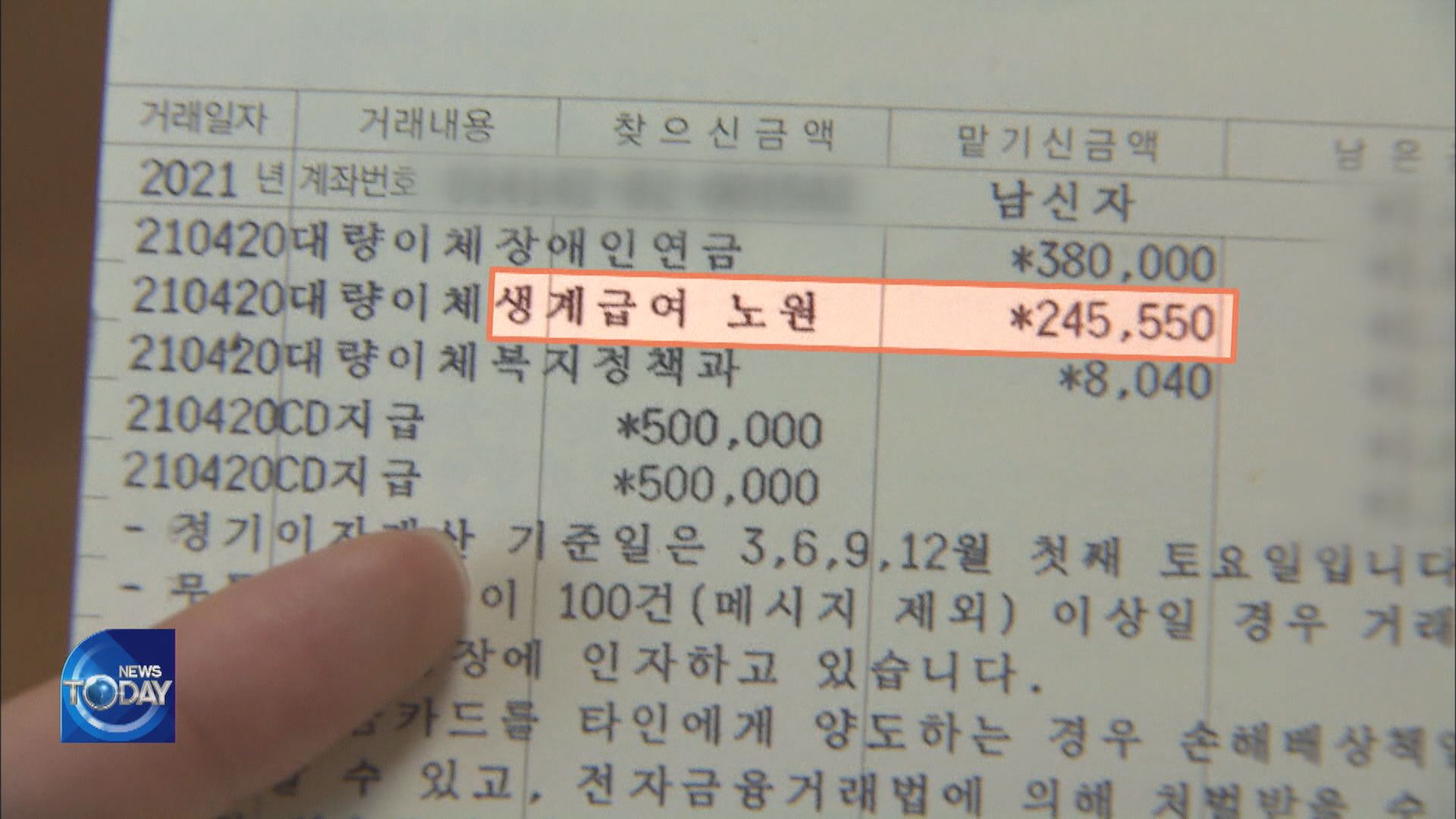
[Anchor Lead]
Until now if a low income earner wanted to receive basic livelihood subsidy, the individual should not have any other family member supporting him. But this condition, often criticized for obstructing welfare policies, was removed after 60 years. The idea is that the state, not family, should be responsible for ensuring basic livelihood for the needy.
[Pkg]
This 79-year-old woman was diagnosed with a serious disability caused by brain damage. Despite her poverty, she hasn’t been eligible for the government-provided basic livelihood benefit simply because she has three children. But now she stands to receive about 245,000 won per month as the so-called support-obligation system for the disabled was abolished earlier this year.
[Soundbite] Nam Sin-ja(Basic Livelihood Benefit Recipient) : "My life has become better after receiving the livelihood benefit. Before, it wasn't much like living."
The standards for those obligated to support disabled individuals or one-parent households were removed first, and now it has been abolished completely as of today. This system has been in enforcement for 60 years. This means that low-income households that fall below the 30% standard median income level are now eligible for the basic livelihood benefit based only on their own financial situation, irregardless of the presence of parents or children. One-person households with a monthly income of 548,000 won or less are now eligible as well. Applications can be submitted at a community service center near their place of residence. However, there are exceptions. Those who have a family member with an annual income of over 100 million won or with an asset worth over 900 million won are excluded.
[Soundbite] Min Yeong-sin(Division of Basic Livelihood Security, Ministry of Health and Welfare) : "The implementation was pushed up because the financial difficulties of the low-income bracket seemed to have worsened due to the pandemic."
The standard for those obligated to support family members was removed for livelihood benefits as well as housing and educational allowances, but the standard for medical allowances still remain in place.
[Soundbite] Kim Yun-yeong(Secretary General, Korean People’s Solidarity Against Poverty) : "One individual can receive only up to 500,000 won in livelihood allowance, but if the money gets spent on medical bills, she won’t have enough for other expenses."
The government needs more than 3 trillion won in annual budget to address every person in need and plans to come up with necessary measures by 2024.
Until now if a low income earner wanted to receive basic livelihood subsidy, the individual should not have any other family member supporting him. But this condition, often criticized for obstructing welfare policies, was removed after 60 years. The idea is that the state, not family, should be responsible for ensuring basic livelihood for the needy.
[Pkg]
This 79-year-old woman was diagnosed with a serious disability caused by brain damage. Despite her poverty, she hasn’t been eligible for the government-provided basic livelihood benefit simply because she has three children. But now she stands to receive about 245,000 won per month as the so-called support-obligation system for the disabled was abolished earlier this year.
[Soundbite] Nam Sin-ja(Basic Livelihood Benefit Recipient) : "My life has become better after receiving the livelihood benefit. Before, it wasn't much like living."
The standards for those obligated to support disabled individuals or one-parent households were removed first, and now it has been abolished completely as of today. This system has been in enforcement for 60 years. This means that low-income households that fall below the 30% standard median income level are now eligible for the basic livelihood benefit based only on their own financial situation, irregardless of the presence of parents or children. One-person households with a monthly income of 548,000 won or less are now eligible as well. Applications can be submitted at a community service center near their place of residence. However, there are exceptions. Those who have a family member with an annual income of over 100 million won or with an asset worth over 900 million won are excluded.
[Soundbite] Min Yeong-sin(Division of Basic Livelihood Security, Ministry of Health and Welfare) : "The implementation was pushed up because the financial difficulties of the low-income bracket seemed to have worsened due to the pandemic."
The standard for those obligated to support family members was removed for livelihood benefits as well as housing and educational allowances, but the standard for medical allowances still remain in place.
[Soundbite] Kim Yun-yeong(Secretary General, Korean People’s Solidarity Against Poverty) : "One individual can receive only up to 500,000 won in livelihood allowance, but if the money gets spent on medical bills, she won’t have enough for other expenses."
The government needs more than 3 trillion won in annual budget to address every person in need and plans to come up with necessary measures by 2024.
이 기사가 좋으셨다면
-
좋아요
0
-
응원해요
0
-
후속 원해요
0










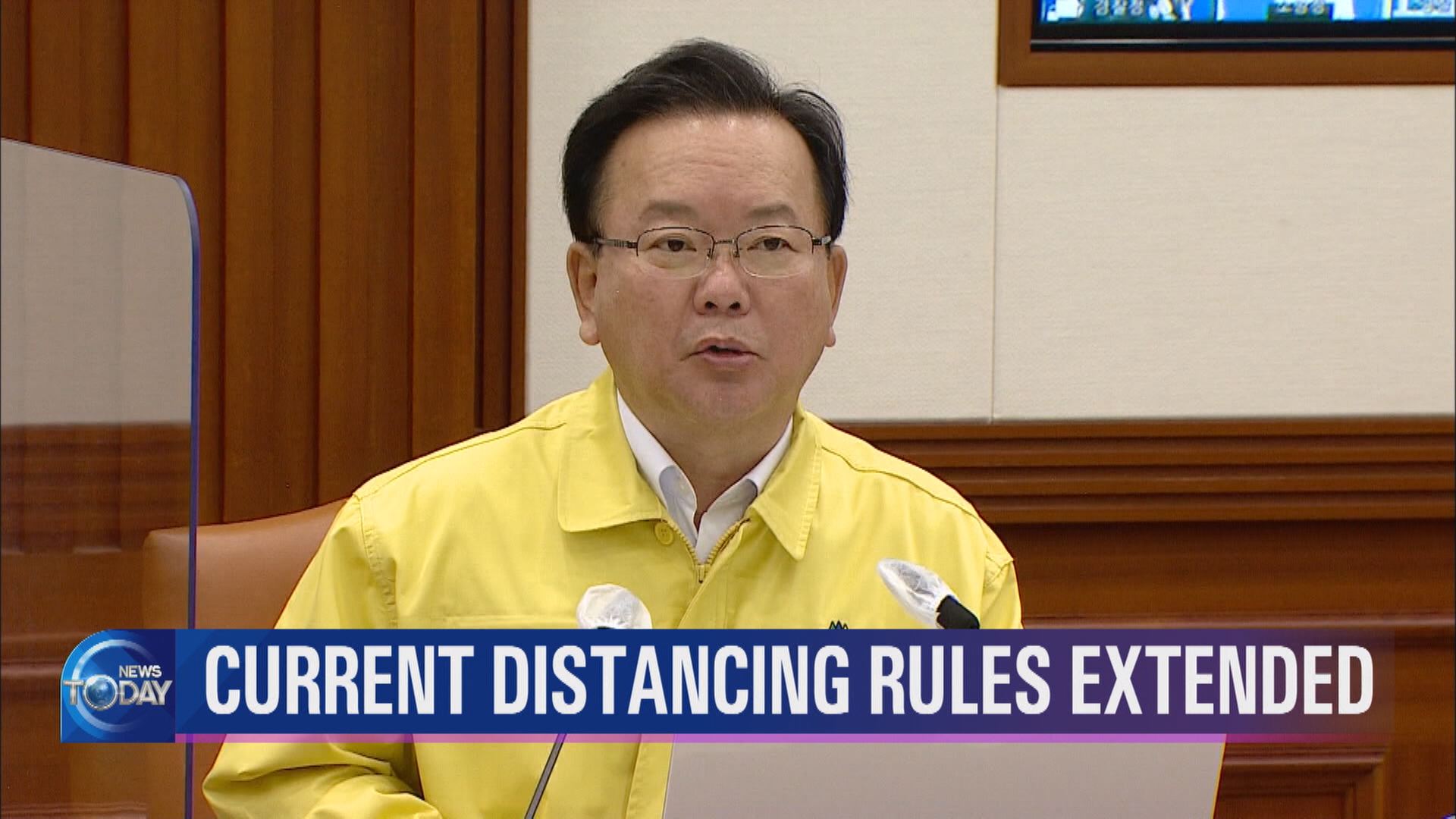
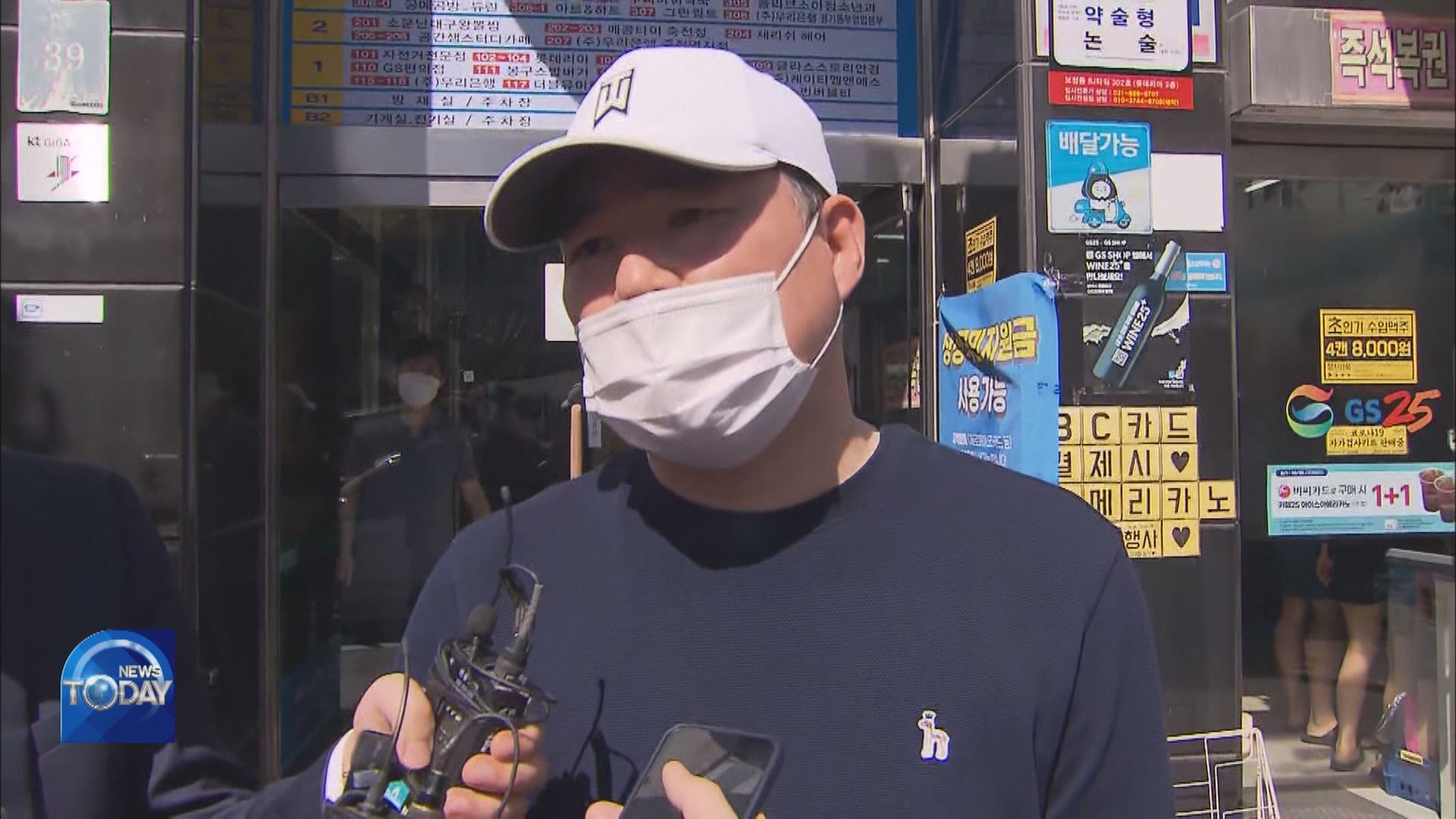
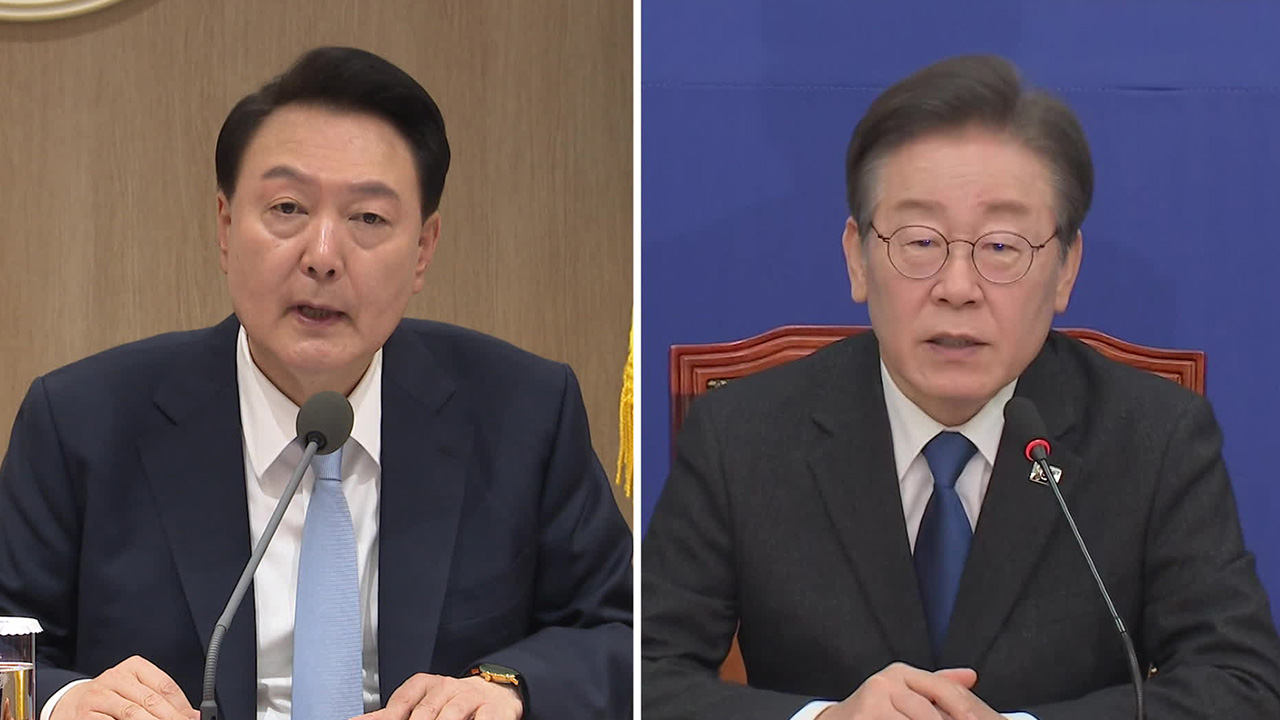
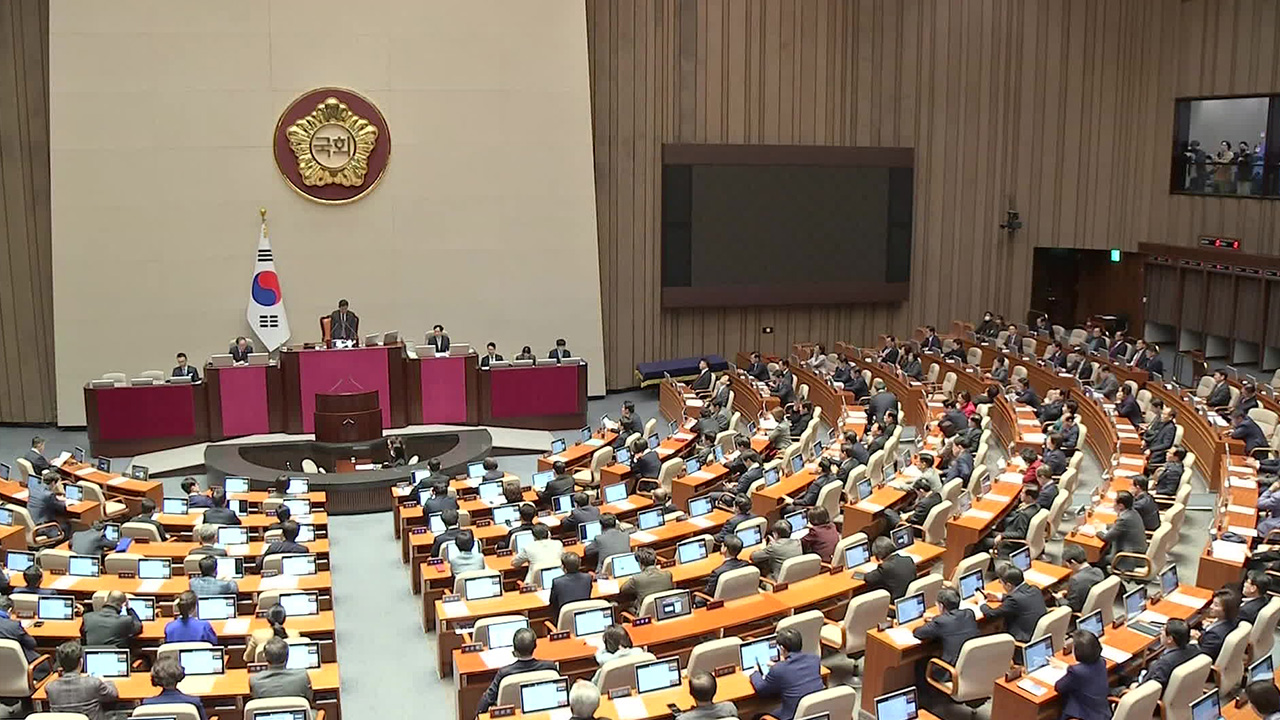
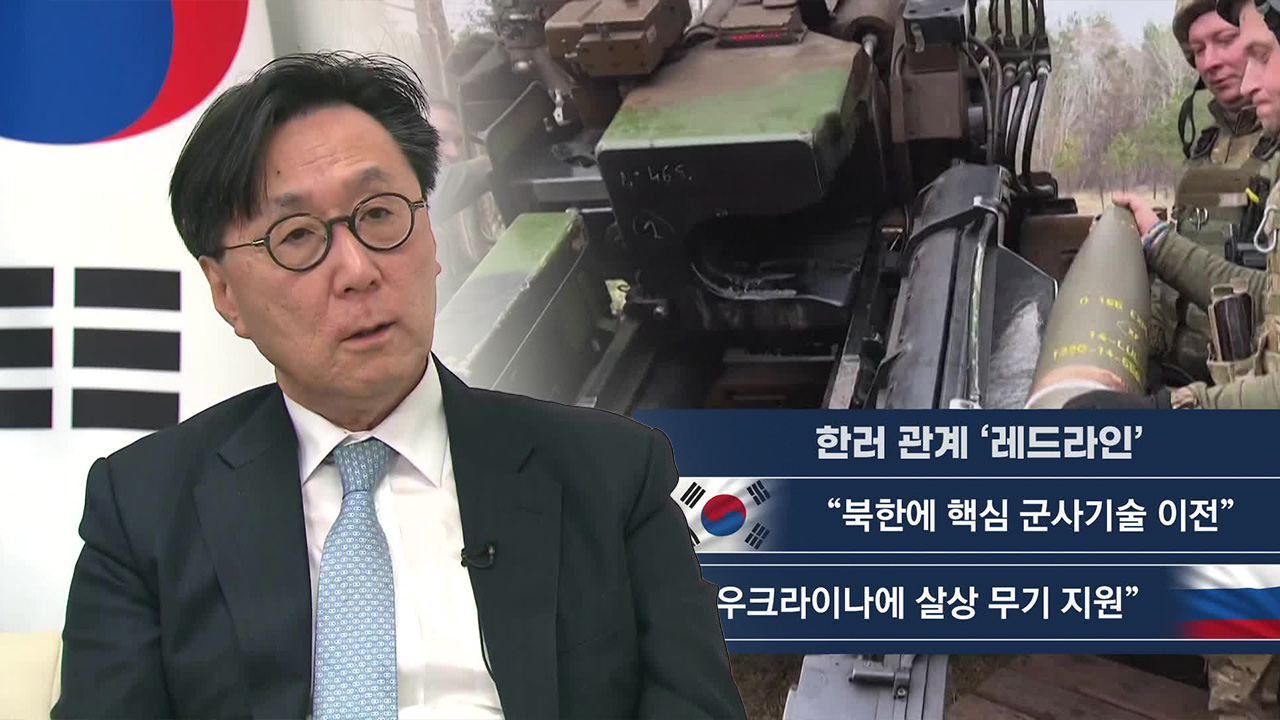
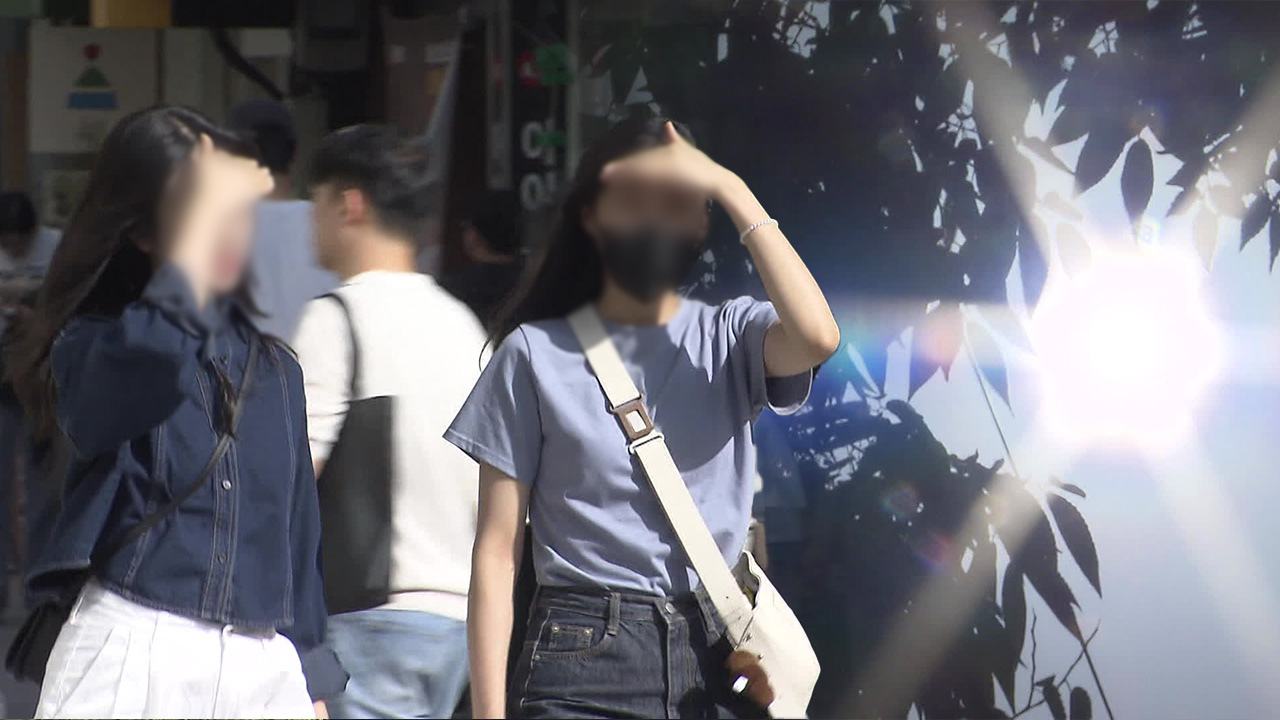

이 기사에 대한 의견을 남겨주세요.